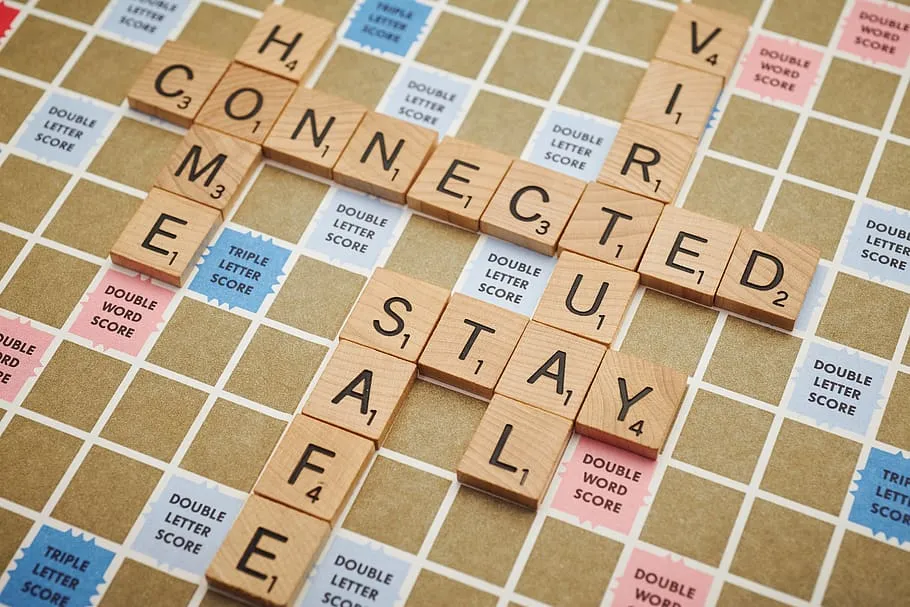
This is another fun Facebook memory:
When my daughter was four years old, she wanted to know what the words "uniform" and "expert" meant. I told her a uniform is a dress that lets you know that the wearer belongs to a specific group like you can tell someone is a policeman from the uniform he is wearing. An expert is a person who knows more about something than other people and who is asked questions about that topic. Before evening wash on that day, my daughter told me something (I don't recall what any longer) and insisted that she was right because she was "an expert".
That's a logical, if not a little circular, application of the definition I gave her earlier that day. By the time she had started school, she had become a very good player of Alias even though we played the game rarely.
I think the best way to help children learn is to take their questions seriously and answer them sincerely and at a level they can understand. Feed their curiosity and help them get to the bottom of things. If their question is about a taboo subject, you may have to adjust your answer in an age appropriate manner. Also, it is a good idea to let them know when a subject matter is taboo and why, again age appropriately. Children have gaps in their understanding of things and what would be a faux pas when said by an adult is in many cases laughed off when said by a child but that doesn't mean a child will not feel embarrassment when he/she realizes that he/she has said something embarrassing or embarrassed someone else. A lot of children experience shame and embarrassment more acutely than adults may realize.
I don't believe in deliberately telling children partial or total falsehoods. They will encounter plenty of them anyway. Some are harmless like belief in Santa. Others may be do real harm. I believe in trying to be as dependable as I can as a guide to reality as a parent.